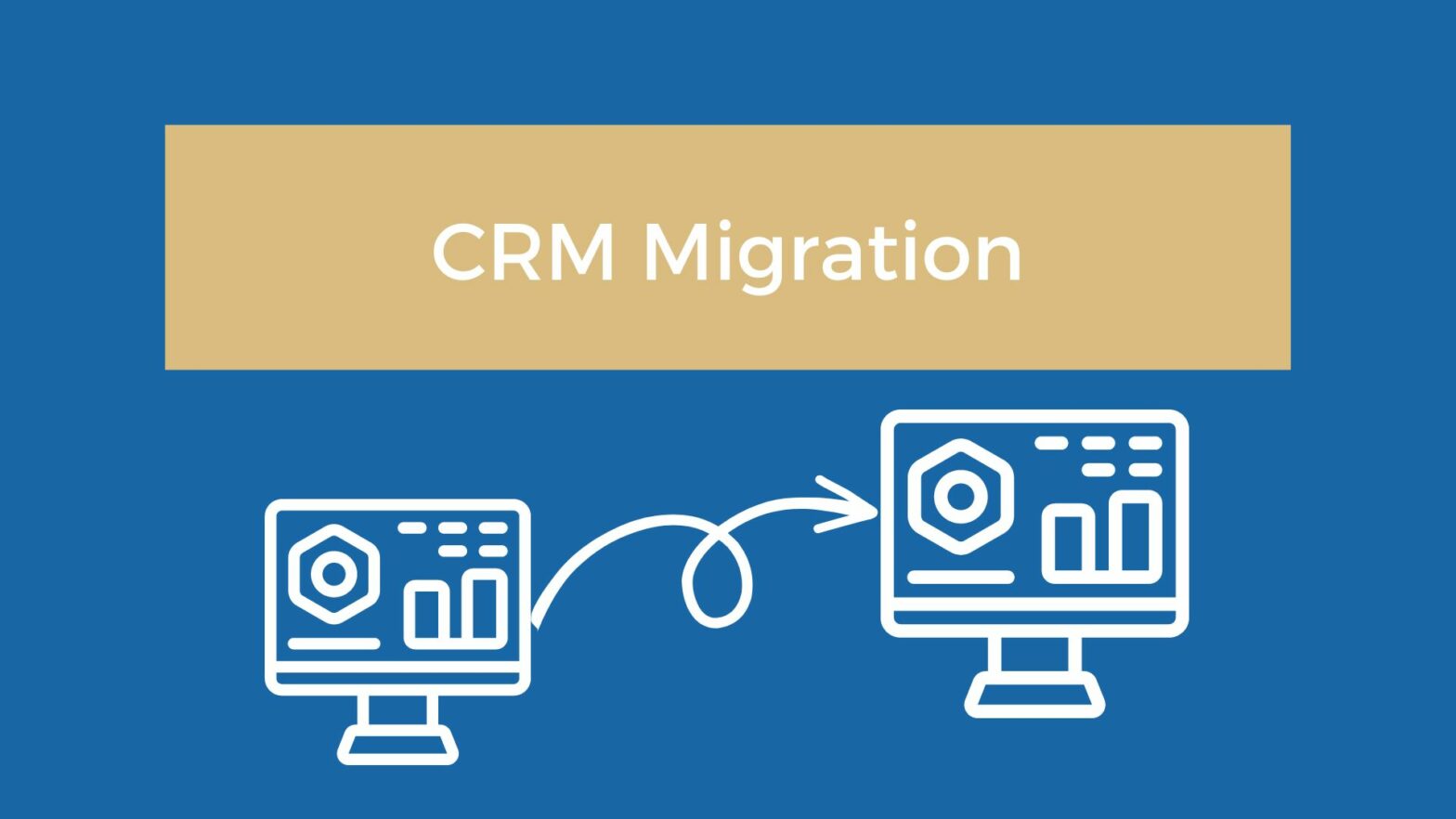Last updated on February 13, 2023, 10:18 PM
Migrating to a new customer relationship management (CRM) system can be a daunting task, but it can also bring numerous benefits to your business. A well-planned and executed CRM migration can improve efficiency, increase productivity, and provide a better overall customer experience. And one more Tip, which I think is super useful to get a feeling how big of a lift it will be to migrate your CRM. Try to export one contact with all fields and try to import it immediately to the new CRM and check what is lining up in terms of fields which can be merged. Right there you will get a good grasp what lies ahead of you :)
Here are some best practices to consider when migrating to a new CRM system:
- Define your goals and objectives: Before starting the migration process, it is important to clearly define your goals and objectives for the new CRM system. This will help ensure that you choose the right system for your business needs and that the migration process is smooth and successful.
- Choose the right CRM system: There are many CRM systems available, so it is important to do your research and choose the one that best fits your business needs. Consider factors such as the size of your business, the type of customer data you need to store, and the level of customization you need.
- Plan the migration process: It is important to have a detailed plan in place for the migration process. This should include a timeline, a list of tasks, and a clear understanding of who is responsible for each task. -> for this step actually 10 more blog posts can be written. Let’s see if I get to it sometimes :)
- Communicate with your team: Make sure to keep your team informed about the migration process and any changes that will be made to their workflows. It is also a good idea to involve key team members in the planning process to ensure that their needs are taken into consideration.
- Test the new system: Before fully implementing the new CRM system, it is important to test it to ensure that it is working properly and meets the needs of your business. This can be done through a pilot program or by testing the system with a small group of users.
- Train your team: Proper training is essential for a successful CRM migration. Make sure to provide your team with the necessary training to effectively use the new system and ensure that they are comfortable with the new workflow.
- Keep track of data: It is important to keep track of any data that is transferred during the migration process to ensure that no important information is lost. It is also a good idea to create backups of your data in case of any unexpected issues.
By following these best practices, you can ensure a smooth and successful CRM migration process for your business. A new CRM system can bring numerous benefits to your business, including improved efficiency and productivity, and better overall customer experience.
